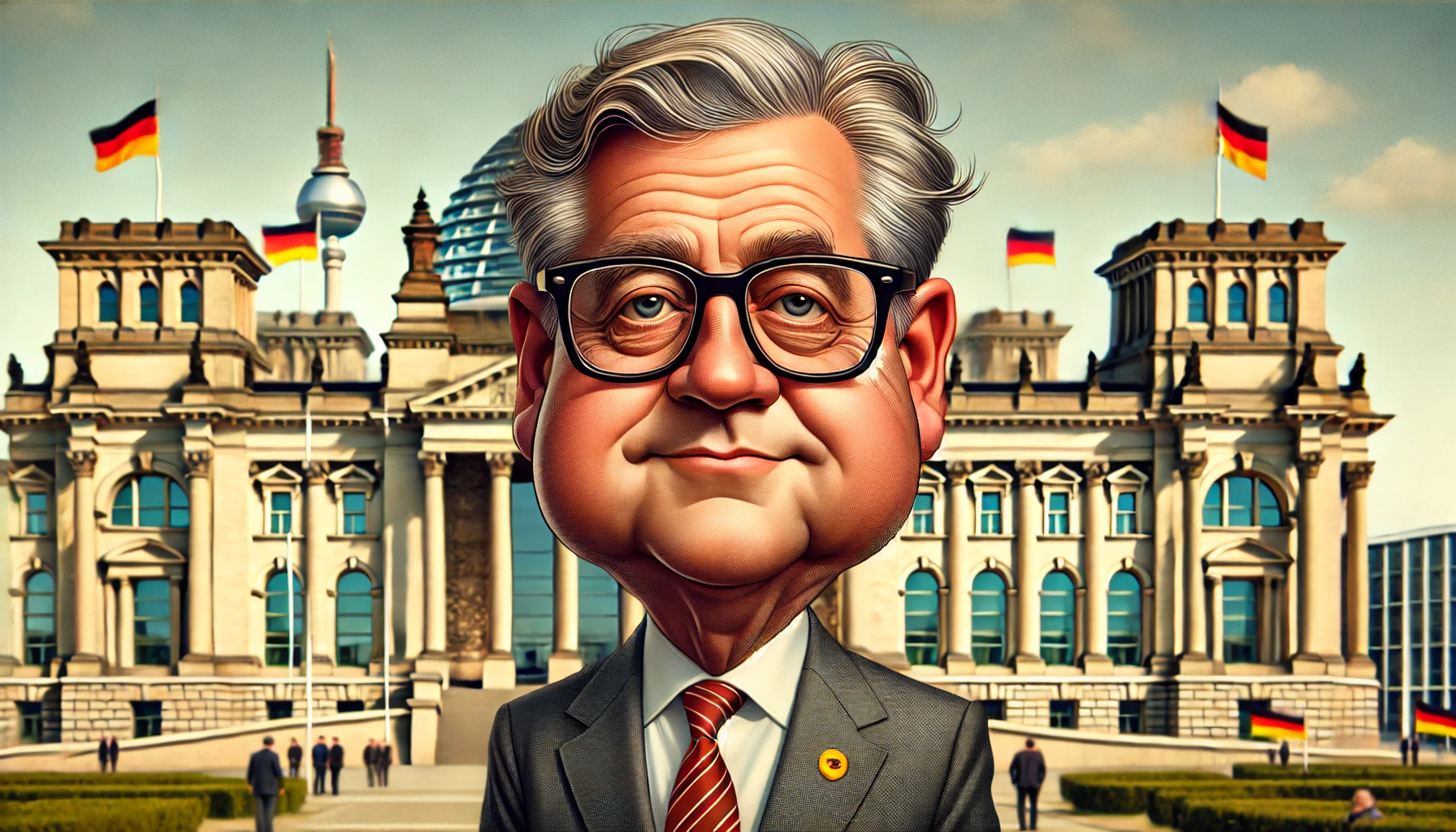Rioting raged in cities around France for a fourth night despite a huge police deployment and 1,311 arrests, with cars and buildings set ablaze and stores looted, as family and friends prepared Saturday to bury the 17-year-old whose killing by police unleashed the unrest.
France’s Interior Ministry announced the new figure for arrests around the country, where 45,000 police officers fanned out in a so-far unsuccessful bid to quell violence.
Despite an appeal to parents by President Emmanuel Macron to keep their children at home, street clashes between young protesters and police raged on. About 2,500 fires were set and stores were ransacked, according to authorities.
The funeral ceremony for the teen, identified only as Nahel, who was killed by police in the Paris suburb of Nanterre on Tuesday, began on Saturday. Family and friends were viewing the open coffin before it will be taken to a mosque for a ceremony and later burial in a town cemetery.

As the number of arrests continued to mount, the government suggested the violence was beginning to lessen thanks to tougher security measures. Still, the damage was widespread, from Paris to Marseille and Lyon and even far away, in the French territories overseas, where a 54-year-old died after being hit by a stray bullet in French Guiana.
France’s national soccer team — including international star Kylian Mbappe, an idol to many young people in the disadvantaged neighbourhoods where the anger is rooted — pleaded for an end to the violence.
“Many of us are from working-class neighbourhoods; we too share this feeling of pain and sadness” over the killing of 17-year-old Nahel, the players said in a statement. “Violence resolves nothing. There are other peaceful and constructive ways to express yourself.”
They said it’s time for “mourning, dialogue and reconstruction” instead.
Long-simmering tension
The fatal shooting of Nahel, whose last name has not been made public, stirred up long-simmering tensions between police and young people in housing projects who struggle with poverty, unemployment and racial discrimination. The subsequent rioting is the worst France has seen in years and puts new pressure on Macron.
Anger erupted in the Paris suburb after his death there Tuesday and quickly spread nationwide.

Early Saturday, firefighters in Nanterre extinguished blazes set by protesters that left scorched remains of cars strewn across the streets. In the neighbouring suburb, Colombes, protesters overturned garbage bins and used them for makeshift barricades.
Looters during the evening broke into a gun shop and made off with weapons in the Mediterranean port city of Marseille, police said. Officers in Marseille arrested nearly 90 people as groups of protesters lit cars on fire and broke store windows to take what was inside.
Buildings and businesses were also vandalized in the eastern city of Lyon, where a third of the roughly 30 arrests made were for theft, police said. Authorities reported fires in the streets after an unauthorized protest drew more than 1,000 people earlier Friday evening.
The Interior Ministry said there were more than 2,500 fires during the night across France. The night before, 917 people were arrested nationwide, 500 buildings targeted, 2,000 vehicles burned and dozens of stores ransacked.
Macron cancels trip to Germany
The violence in France was taking a toll on Macron’s international commitments. German President Frank-Walter Steinmeir’s office said that Macron phoned on Saturday to request a postponement of what would have been the first state visit by a French president to Germany in 23 years.
The trip, supposed to officially start on Monday, would have seen Macron travel to Berlin and two other German cities. Macron’s office said he spoke with Steinmeier and, “given the internal security situation, the president (Macron) said he wishes to stay in France over the coming days.”
This is the second time in months that French unrest hurt Macron diplomatically. King Charles III cancelled his first foreign visit as U.K. monarch, initially planned for France, because of protests over Macron’s pension reform plans.
Hundreds of police, firefighters injured
While the number of overnight arrests was the highest yet, there were fewer fires, cars burned and police stations attacked around France than the previous night, according to the Interior Ministry. Interior Minister Gérald Darmanin claimed the violence was of “much less intensity.”
Hundreds of police and firefighters have been injured, including 79 overnight, but authorities have not released injury tallies for protesters.

Nanterre Mayor Patrick Jarry said France needs to “push for changes” in disadvantaged neighbourhoods.
Despite repeated government appeals for calm and stiffer policing, Friday saw brazen daylight violence, too. An Apple store was looted in the eastern city of Strasbourg, where police fired tear gas, and the windows of a fast-food outlet were smashed in a Paris-area shopping mall, where officers repelled people trying to break into a shuttered store, authorities said.
In the face of the escalating crisis that hundreds of arrests and massive police deployments have failed to quell, Macron held off on declaring a state of emergency, an option that was used in similar circumstances in 2005.
No night buses, trams
Darmanin ordered a nationwide nighttime shutdown Friday of all public buses and trams, which have been among rioters’ targets. He also said he warned social networks not to allow themselves to be used as channels for calls to violence.
“They were very co-operative,” Darmanin said, adding that French authorities were providing the platforms with information in hopes of co-operation identifying people inciting violence.
“We will pursue every person who uses these social networks to commit violent acts.”

Macron, too, zeroed in on social media platforms that have relayed dramatic images of vandalism and cars and buildings being torched. Singling out Snapchat and TikTok, he said they were being used to organize unrest and served as conduits for copycat violence.
The violence comes just over a year before Paris and other French cities are due to host 10,500 Olympians and millions of visitors for the summer Olympic Games. Organizers said they are closely monitoring the situation as preparations for the Olympics continue.
The police officer accused of killing Nahel was handed a preliminary charge of voluntary homicide. Preliminary charges mean investigating magistrates strongly suspect wrongdoing but need to investigate more before sending a case to trial. Nanterre prosecutor Pascal Prache said his initial investigation led him to conclude that the officer’s use of his weapon wasn’t legally justified.
13 shootings at traffic stops
Nahel’s mother, identified as Mounia M., told France 5 television that she was angry at the officer but not at the police in general. “He saw a little Arab-looking kid, he wanted to take his life,” she said.
“A police officer cannot take his gun and fire at our children, take our children’s lives,” she said. The family has roots in Algeria.

Race was a taboo topic for decades in France, which is officially committed to a doctrine of colorblind universalism. In the wake of Nahel’s killing, French anti-racism activists renewed complaints about police behaviour.
Thirteen people who didn’t comply with traffic stops were fatally shot by French police last year. This year, another three people, including Nahel, died under similar circumstances. The deaths have prompted demands for more accountability in France, which also saw racial justice protests after George Floyd’s killing by police in Minnesota.
This week’s protests echoed the three weeks of rioting in 2005 that followed the deaths of 15-year-old Bouna Traore and 17-year-old Zyed Benna, who were electrocuted while hiding from police in a power substation in Clichy-sous-Bois.



















Discussion about this post